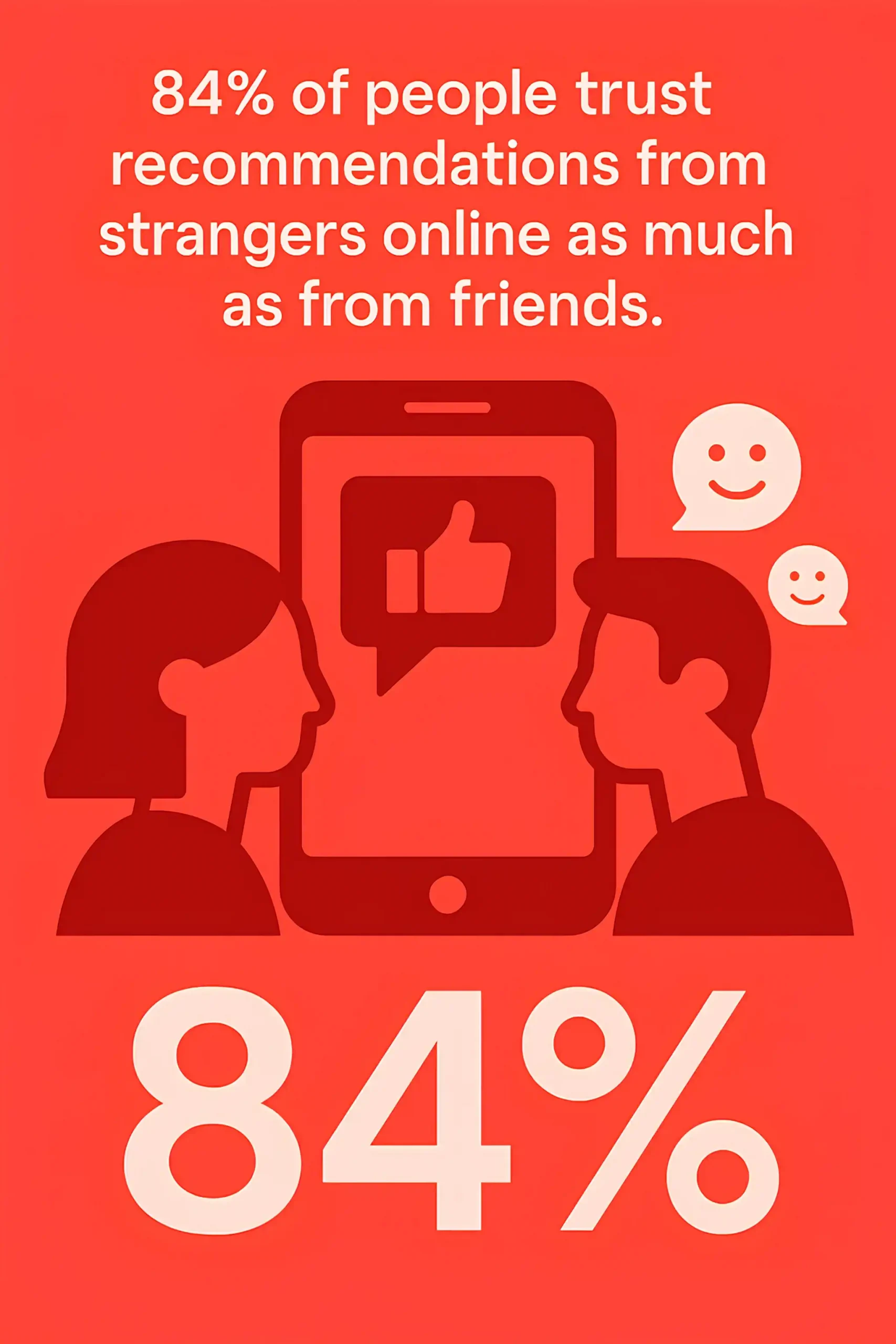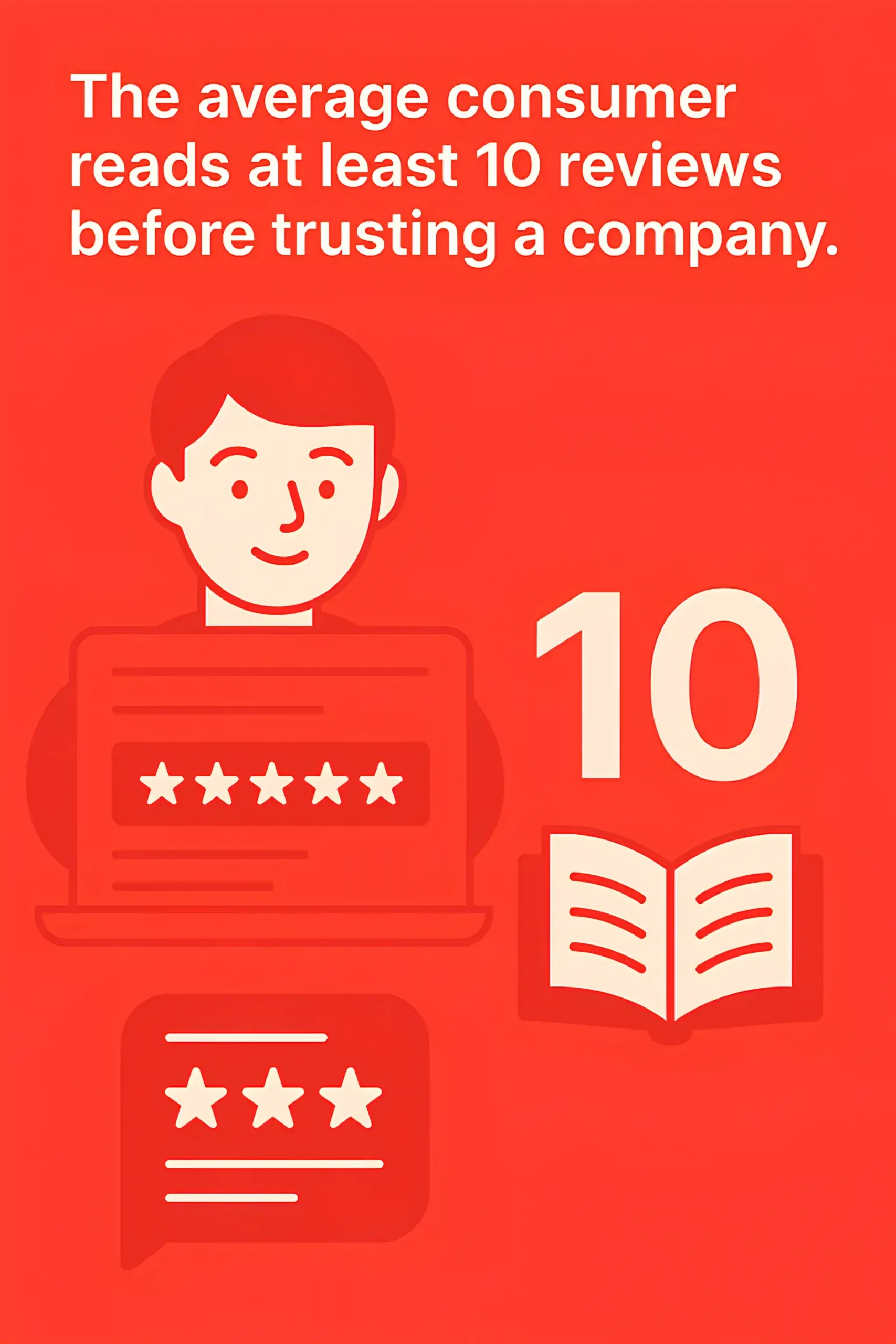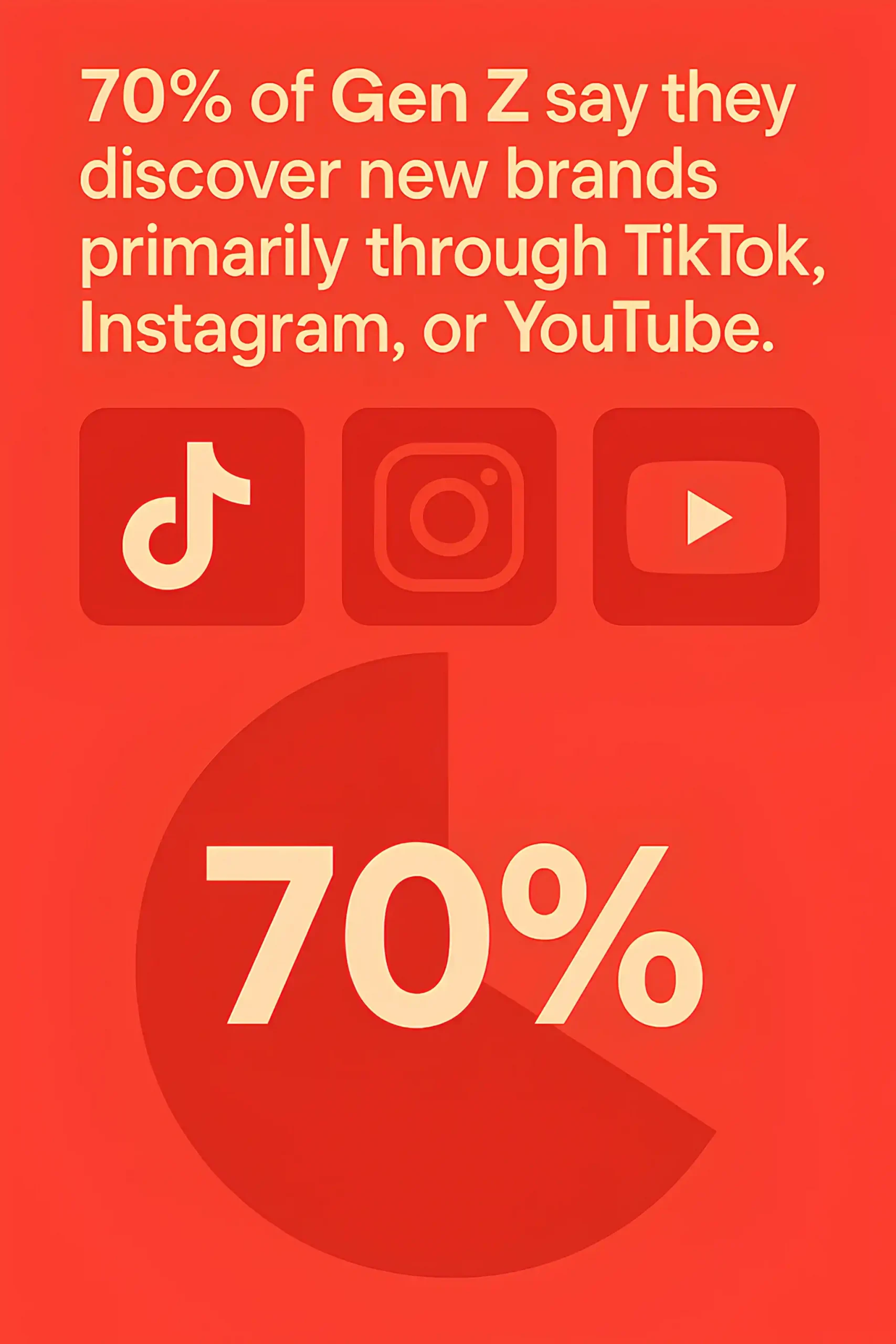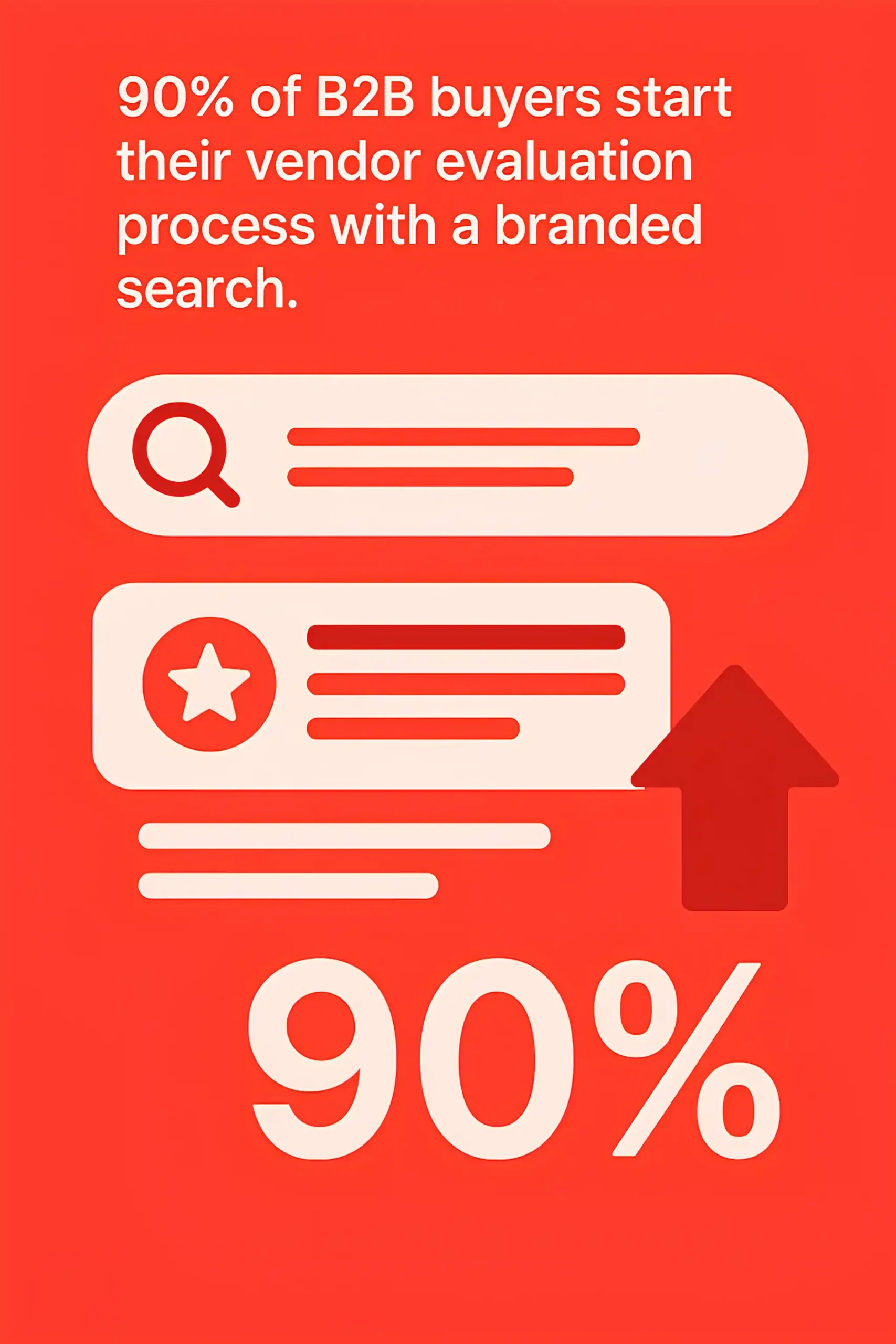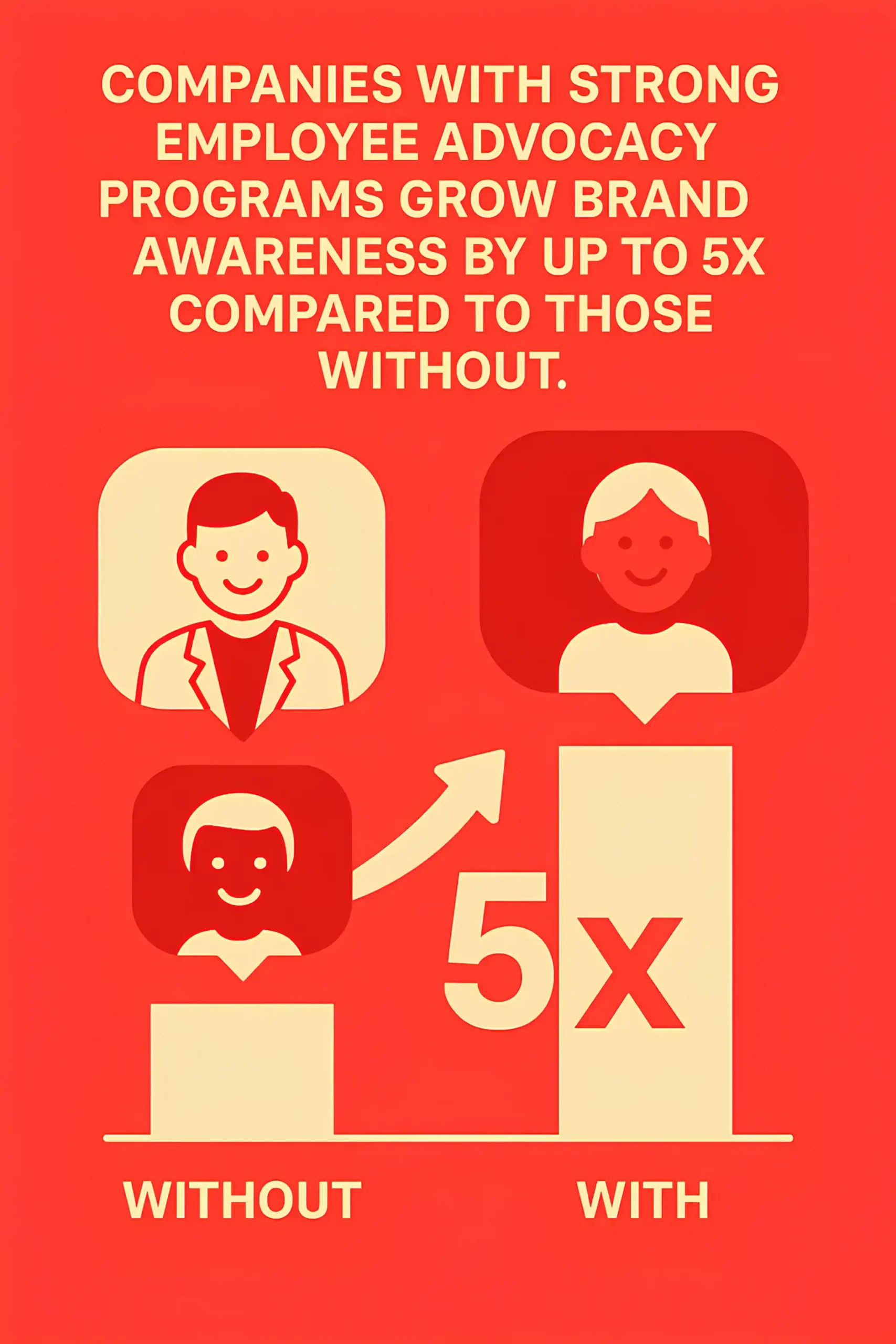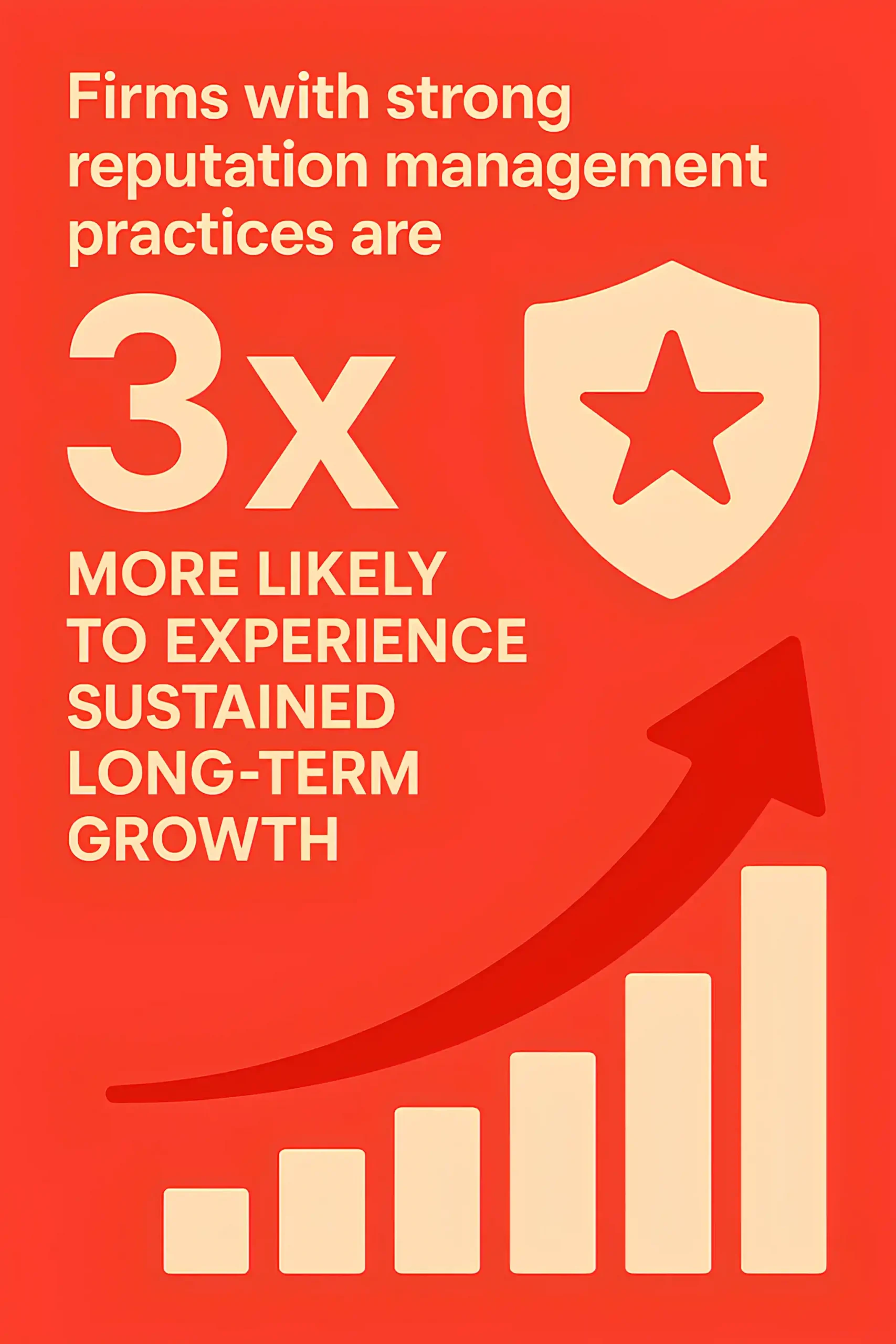Over 90% of consumers admit that a brand’s online reputation directly influences their purchasing decisions, yet many companies still underestimate its impact. Reputation is no longer shaped only by word of mouth. It is driven by search results, reviews, social media visibility, and the speed at which a brand responds to criticism.
In 2026, this data is not background noise but a roadmap for marketers and executives who want to protect credibility and gain a competitive edge. The following 100+ reputation management statistics reveal the real numbers behind reputation management: how trust is earned, how quickly it can be lost, and where opportunities lie to strengthen authority.
Whether you are refining your PR strategy, shaping customer experience, or building content that earns backlinks, these benchmarks provide the clarity needed to make smarter, evidence-based decisions that resonate across industries.
Consumer Trust and Behavior
93% of consumers say online reviews influence their purchasing decisions.
81% of shoppers research a business online before making a purchase.
76% of consumers trust online reviews as much as personal recommendations.
68% of consumers are willing to pay more for a product or service from a company with a strong reputation.
94% of consumers have avoided a business due to negative online information.
84% of people trust recommendations from strangers online as much as from friends.
74% of customers lose trust in a brand if they encounter outdated or inaccurate business information online.
60% of consumers say a brand’s response to reviews strongly influences whether they will use the business.
85% of consumers are more likely to choose a business that responds regularly to reviews.
70% of customers say trust is more important than price when choosing between competing brands.
50% of consumers will not consider doing business with a company that has less than a 4-star rating.
79% of people say they need to read at least six reviews before trusting a business.
91% of millennials say they trust user-generated content more than traditional advertising.
77% of consumers feel more confident purchasing from a brand that has transparent practices and clear communication.
64% of consumers say they stop purchasing from a brand after experiencing poor customer service tied to reputation issues.
Online Reviews and Ratings
97% of consumers read online reviews before making a local purchase decision.
Businesses with an average rating of 4 stars or higher earn significantly more conversions than lower-rated competitors.
53% of customers expect brands to respond to their online reviews within one week, yet 63% say companies never reply.
Having just five recent reviews can increase purchase likelihood by more than 250%.
40% of consumers will not consider a business with fewer than three stars on review platforms.
The average consumer reads at least 10 reviews before trusting a company.
You Can Also Dive Into Our 200+ Social Media Marketing Statistics
Products with 50 or more reviews see conversion rates jump by nearly 5x compared to those with fewer.
82% of shoppers specifically look for negative reviews to gauge credibility and authenticity.
A single additional star on Yelp has been shown to boost business revenue by 5 to 9%.
75% of consumers say they trust a business more if it has both positive and negative reviews rather than only perfect ratings.
Nearly 70% of customers filter for the most recent reviews before making a purchase.
45% of consumers are more likely to visit a business that responds to both positive and negative reviews.
Over 80% of people abandon a purchase if they see a large number of unresolved negative reviews.
91% of 18–34-year-olds trust online reviews as much as personal recommendations.
Displaying verified reviews on a website can increase conversion rates by up to 270%.
Social Media and Public Perception
71% of consumers are more likely to recommend a brand that provides a positive social media experience.
Over 50% of global consumers use social platforms to research brands before purchasing.
78% of people say that posts from other consumers on social media influence their buying decisions more than brand content.
A single viral social media complaint can decrease brand favorability by 30% or more within days.
60% of consumers expect brands to respond to social media queries within 24 hours, while 40% expect replies within the same day.
Brands that engage with followers on social media see an average 20–40% increase in customer spending.
68% of millennials say social media directly shapes their perception of brand trustworthiness.
More than 45% of consumers will unfollow a brand that shares irrelevant or overly promotional content.
User-generated content on social platforms is considered 2.4x more authentic than brand-created content.
80% of executives believe social media crises have a material impact on brand reputation and customer loyalty.
Nearly 65% of consumers trust a brand more if it openly addresses mistakes on social media rather than ignoring them.
70% of Gen Z say they discover new brands primarily through TikTok, Instagram, or YouTube.
Brands with strong social engagement experience customer retention rates up to 30% higher than competitors.
58% of consumers say a brand’s values on social media determine if they will continue supporting it.
Over 40% of consumers will publicly call out a brand on social media if they feel customer service was poor.
You May Also Be Interested in 80+ Web Design Statistics
Search Engines and Brand Visibility
75% of users never scroll past the first page of Google search results, making top visibility critical for reputation.
Businesses with positive articles ranking on the first page see an average 20% increase in conversions compared to those with neutral or negative results.
54% of consumers discover new brands through search engines rather than social media or ads.
A single negative article on page one of Google can cause businesses to lose up to 22% of potential customers.
If three negative results appear on the first page, potential customer loss can climb to 59%.
88% of online shoppers use Google to research a brand before making a purchase decision.
Branded search queries with review snippets can increase click-through rates by 25–30%.
70% of job seekers will not apply to a company if they find poor reviews or negative press in search results.
Optimized Google Business Profiles receive 7x more clicks and 70% more visits than incomplete profiles.
46% of all Google searches are local, meaning reputation management directly influences nearby customer decisions.
62% of consumers lose trust in a brand if they find inconsistent information across multiple search results.
Brands that regularly publish fresh, authoritative content are 3x more likely to control the first page of their search results.
90% of B2B buyers start their vendor evaluation process with a branded search.
Companies with a strong presence in the top three organic results gain over 60% of all search traffic.
81% of people say they are more likely to trust a brand that dominates the first page of results with consistent, credible content.
Don’t Miss Our 250+ Digital Marketing Statistics
Crisis Management and Response Times
53% of consumers expect brands to respond to a customer complaint within one hour on digital platforms.
A delayed response of more than 24 hours can reduce customer satisfaction by nearly 50%.
78% of people believe that a brand’s response time during a crisis directly reflects how much it values its customers.
Brands that respond to negative press within the first 48 hours are 2.5x more likely to recover public trust.
70% of consumers say they are more likely to support a company that admits mistakes quickly and takes corrective action.
Ignoring a public crisis can lead to a 25% drop in brand value within weeks.
85% of executives believe poor crisis management has a lasting impact on customer loyalty.
45% of consumers are willing to give a brand a second chance if it handles a crisis with transparency and empathy.
Social media crises spread 1200% faster than traditional news cycles, amplifying reputational risk.
60% of consumers check how a company responded to past issues before deciding to purchase.
Crisis communication plans reduce potential financial losses by up to 30% compared to brands without them.
50% of employees say they lose trust in their company’s leadership if crises are mishandled publicly.
Brands that issue a proactive response instead of waiting for backlash see a 40% higher likelihood of restoring reputation.
72% of investors consider crisis response speed and quality before making financial decisions about a company.
A public apology paired with concrete action increases consumer forgiveness rates by over 70%.
You Might Also Be Curious About Our 200+ Affiliate Marketing Statistics
Employee Advocacy and Internal Reputation
72% of consumers trust a company more when its employees actively share brand content online.
Companies with strong employee advocacy programs grow brand awareness by up to 5x compared to those without.
41% of consumers believe employees are the most credible source of information about a business.
Content shared by employees receives 8x more engagement than the same content shared on brand channels.
86% of employees say transparency from leadership directly impacts their willingness to advocate for the company.
Organizations with high internal trust levels are 2.6x more likely to maintain a positive external reputation.
33% of job seekers have declined offers due to negative employee reviews on platforms like Glassdoor.
Companies with engaged employees outperform competitors by 147% in earnings per share.
78% of employees who feel valued are more likely to promote their company on social media.
Brands that invest in employee advocacy programs see lead generation increase by 20–25%.
57% of employees say they would not recommend their employer if leadership does not handle criticism well.
Workplaces recognized for strong culture and reputation attract 50% more qualified applicants.
69% of job candidates research employee reviews before applying for a position.
A single negative viral post from a disgruntled employee can reduce brand trust by up to 30%.
82% of customers are more likely to trust a company whose employees are visibly active online and aligned with brand values.
Financial Impact and Business Outcomes
41% of companies that experience a reputation crisis see a direct loss of brand value and revenue within the first year.
A one-star improvement on online review platforms can boost revenue by 5–9%.
70% of investors say they avoid companies with recurring negative publicity or unresolved reputation issues.
Brands with strong reputations outperform the market by an average of 2.5x in shareholder returns.
25% of a company’s market value is directly tied to its reputation, according to leading financial analysts.
Negative online reviews can cost a business up to 30 customers for every single bad experience shared.
87% of executives believe managing reputation effectively delivers measurable ROI through increased sales and loyalty.
Businesses with excellent reputations attract job applicants at a rate 50% higher than those with weak reputations.
66% of consumers are willing to pay a price premium to buy from brands they perceive as reputable.
Companies that recover quickly from crises see financial losses reduced by over 35% compared to slower responders.
61% of small businesses report that positive online reputations directly contribute to improved cash flow.
A damaged reputation can increase customer acquisition costs by up to 20%.
77% of B2B buyers say vendor reputation plays the most significant role in their purchase decision.
Firms with strong reputation management practices are 3x more likely to experience sustained long-term growth.
45% of companies admit they lost significant deals or partnerships due to negative online perception.
Quick Recap
Reputation is one of the clearest drivers of growth, loyalty, and resilience. The data shows that trust, visibility, and responsiveness directly influence revenue, retention, and competitive strength.
Across both customer choices and investor trust, reputation management has become a core business strategy rather than a side consideration. Brands that prioritize credibility, transparency, and consistent communication outperform those that ignore it.
The lesson for 2026 is straightforward: reputation shapes results across every level of business, and the companies that treat it as a priority will set the pace for their industries.

